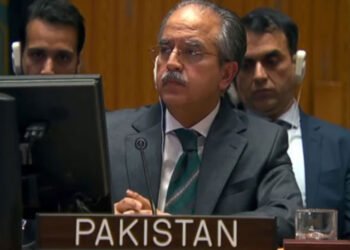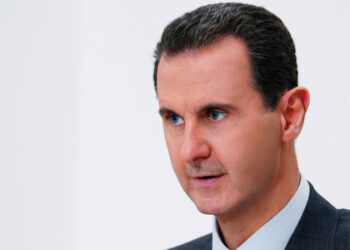![]() Follow Us on Google News
Follow Us on Google News
June 30 is observed as the International Day of Parliamentarism every year to commemorate the date on which the Inter-Parliamentary Union (IPU) was founded. The IPU, founded in Paris in 1889, is an international organisation of national parliaments to promote democratic governance, accountability, and cooperation among its members.
History
The International Day of Parliamentarism was sanctioned by the United Nations General Assembly in 2018 through resolution A/RES/72/278 that recognised the role of parliaments in ensuring greater transparency and accountability. In a parliamentary democracy, citizens of a country elect their representatives to a legislative parliament. The Icelandic Parliament, which was founded in 930, is the oldest parliament in the world.
Every year, the IPU Executive Committee holds a meeting (either virtual or physical) on the day of parliamentarism. The panel discusses laws and policies related to peace and security, human rights, and sustainable development at the global level.
Theme
In 2022, the International Day of Parliamentarism will be observed under the theme of public engagement. The theme has been selected in the wake of the third Global Parliamentary Report that chalks out a roadmap for enhanced public engagement by parliaments.
Significance
The International Day of Parliamentarism holds significance as parliaments are the cornerstone of functioning democracies. The day gives an opportunity to leaders and the intelligentsia to review the progress that parliaments have made in achieving transparency, accountability and inclusivity. It also encourages parliaments adapting to new technologies and including more women and young parliamentarians.
The United Nations also links this day with achieving the Sustainable Development Goals by 2030. The UN states that parliaments are responsible for implementing international treaties and agreements. Further, the day recognises the importance of IPU, which consists of 179 member parliaments, in communicating people’s concerns and aspirations to the UN. This helps the organisation shortlist more pressing issues to work on.































